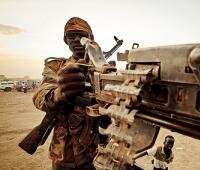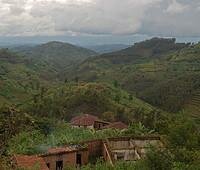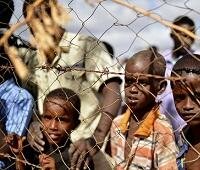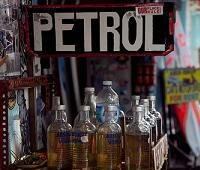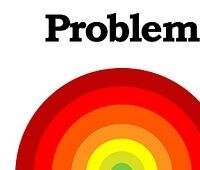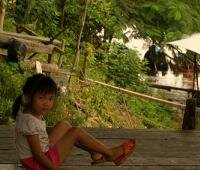The Challenge of Managing State-owned Small Arms and Light Weapons in South Sudan
Issue:Global militarisation
Countries emerging from a long period of armed conflict have to find solutions for getting widespread possession of small arms and light weapons (SALW) and related trade flows under control. The Republic of South Sudan is a case in point.
Article Source: Bonn International Center for Conversion (BICC)
Picture Source: ENOUGH Project
Read more »Posted on 31/10/11
East Africa's Albertine Rift: Competition for land and resources in one of Africa's most fertile and densely populated regions.
Issue:Competition over resources
As the global population soars toward nine billion by 2045, this corner of Africa shows what’s at stake in the decades ahead. The Rift is rich in rainfall, deep lakes, volcanic soil, and biodiversity. It is also one of the most densely populated places on Earth. A desperate competition for land and resources—and between people and wildlife—has erupted here with unspeakable violence. How can the conflict be stopped? Will there be any room left for the wild?
Image Source: DFID
Read more »Posted on 27/10/11
Kenya and Somalia: Landscape of Tension
Issue:Global militarisation
A fractious mix of violence and politics is unsettling the relationship between east African neighbours and putting more pressure on Somalis living in Kenya writes Daniel Branch for openDemocracy. The Somali militia group known as al-Shabaab is often viewed as the source of the problem. But the roots of the turmoil go deep in Kenya's own history.
Image source: Internews Network.
Read more »Posted on 26/10/11
Competition over resources: Drivers of insecurity and the Global South
Issue:Competition over resources
'By 2050, the global population is expected to peak at 9 billion. In an environment already constrained and changed by human activities, we can expect greater scarcity of three resources vital to the maintenance of both the economic order as it now stands, and the preservation of human life in general: energy, water and food. At current population levels, demand for some key resources is already unsustainable. As the number of people on the planet - and the number of people living “affluent” lifestyles - increases, and the effects of climate change are factored in, greater competition over resources is highly probable – affecting individuals, communities and states.'
Article source: Oxford Research Group
Image source: Maks Karochkin
Read more »Posted on 3/10/11
Security is not simply the absence of conflict
Issue:Climate change
Blog entry from the Foriegn and Commonwealth Office on climate change and security:
What the scientific modelling makes clear is that if global temerepature continues to rise unabated, it will place significant additional stress on ALL economies, but that the emerging economies on this continent will be among the first to take real strain. Unchecked climate change will make the poorest even more vulnerable, with related food and water stress and climate migration. It will raise tension levels over access to diminishing resources, particularly water.
Climate change is therefore a threat mutliplier, and governments must be alive to the potential it has to disrupt sustainable growth and stability and exacerbate tensions within and between countries.
Article source: FCO Climate change team blog
Image source: climatesafety
Read more »Posted on 30/09/11
A Thai Perspective on Proposed Mainstream Mekong Dams
Issues:Competition over resources, Marginalisation
The Mekong River is very important for millions of local communities along the mainstream and its tributaries who depend heavily on the river's natural ecosystem functions. The health of the river is the health of the communities. Changes in the river basin mean a lot to those marginalized people who too often have no voice and have limited alternatives for sustaining their livelihoods.
Article source: Stimson Center
Image source: Roberto Moretti
Read more »Posted on 29/09/11




